San Francisco-Marin Food Bank Executive Director Tanis Crosby gathered with leaders of four other Bay Area food banks for a press conference to draw attention to the proposed federal budget bill that would slash an unprecedented $211 billion from the Supplemental Nutrition Assistance Program (SNAP) — the largest cut to food assistance in U.S. history.
Feeding America estimates that, nationally, up to 9.5 billion meals a year would be lost if SNAP is cut. In California, the estimated number of annual meals lost is 1.1 billion.
“SNAP is the single most effective anti-poverty tool that we have in this country. And it worked in the pandemic. It was used as a tool to fight poverty and hunger, and SNAP benefits combined with other policies meant that in the pandemic, child poverty in this country was cut in half. It was cut in half,” Tanis observed at the podium. “So we’re raising the alarm because we know what’s at stake and we also know what kind of difference policies can make.”
A California Budget & Policy Center data tracker tool, shared by the California Association of Food Banks, looks at congressional districts with households — including those with children and seniors — that are at risk of losing some amount of SNAP/CalFresh benefits due to new and onerous work requirements. In her remarks, Tanis referenced it, noting that around 175,000 people in the congressional districts linked to the greater Bay Area could lose SNAP benefits.
“To give you a real scenario of that impact, if you added up all of the SNAP recipients at risk of losing some benefits — you could fill every major stadium in the area, from Levi Stadium to Oakland Arena, to Oracle Park and the Chase Center,” said Tanis.
Hosted at Second Harvest of Silicon Valley, the June 17. 2025 press event was a show of unity by the five food bank leaders who together spoke in one voice in opposition to cuts to SNAP — known in California as CalFresh. Speakers included Leslie Bacho, CEO of Second Harvest of Silicon Valley; Allison Goodwin, president and CEO of Redwood Empire Food Bank; Caitlin Sly, president and CEO of Food Bank of Contra Costa and Solano and Regi Young, executive director of Alameda County Community Food Bank.
Leslie Bacho observed that SNAP is a lifeline, helping more than 40 million Americans put food on the table, including tens of thousands of people right here in the Bay Area—one of the wealthiest regions in the country but also home to some of the widest income gaps in the nation.
Caitlin Sly spoke on how low-income individuals are already stretched thin by rising food and gas prices, and now their essential lifelines, like SNAP, are being targeted by government cuts.
Allison Goodwin highlighted the impact of SNAP cuts on the local economy, noting that every $1 in SNAP generates up to $1.80 in economic activity, making it one of the most effective ways to boost local economies—especially in underserved and rural areas.
Regi Young urged those in Congress not to actively dismantle a program that has successfully served those struggling to feed their families and called on the public to protest these cuts, as they are not inevitable—they are a policy choice.
The collective message to those listening was to Take Action: Like the other participating food banks, the San Francisco Marin Food Bank urges all our supporters to sign our petition: Reject SNAP cuts and protect SNAP and other critical food security programs. We must strengthen, not cut, critical food benefits for households facing hunger.



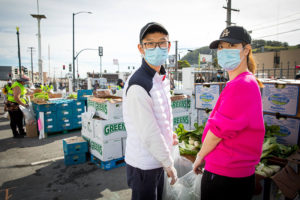 Wei Zong join other participant-volunteers in providing healthy groceries to their neighbors while also receiving food assistance themselves. For Jiakuang and his family, Thursday mornings at Cornerstone have been a time not only to receive and distribute food, but to mingle, talk, and laugh with other volunteers and food bankers.
Wei Zong join other participant-volunteers in providing healthy groceries to their neighbors while also receiving food assistance themselves. For Jiakuang and his family, Thursday mornings at Cornerstone have been a time not only to receive and distribute food, but to mingle, talk, and laugh with other volunteers and food bankers. 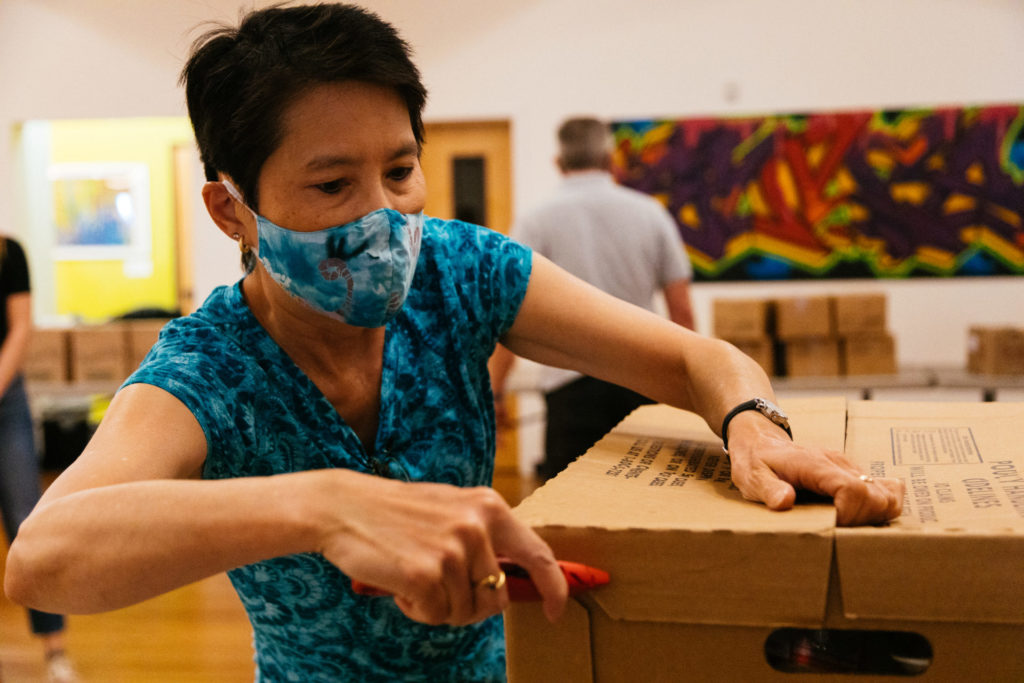
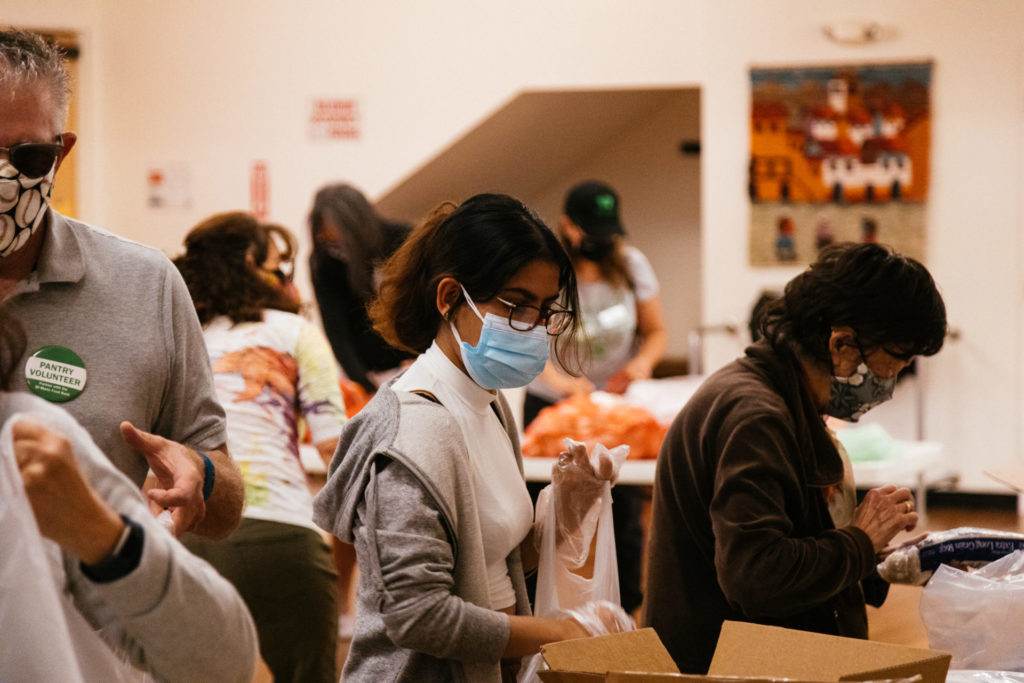
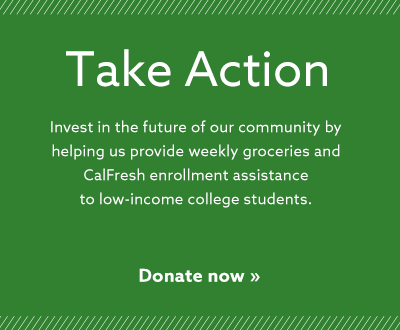
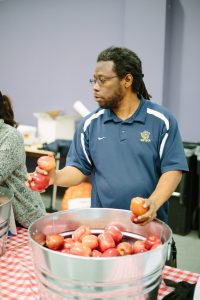

Share